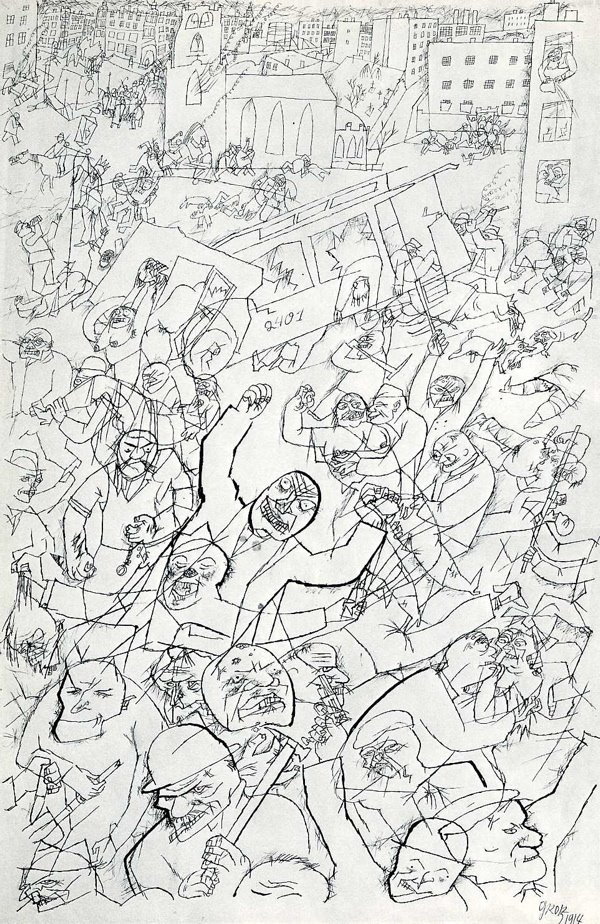I have to admit that I've never really understood toothpicks. Sure, I'll pick one up every now and then, but I've never had the uncontrollable postprandial urge that would make me buy them for daily use. For use in baking, sure -- but for a little after-meal help, never.
But I'm coming around to appreciate the toothpick. The American has a piece up about the history of the toothpick, which is kind of interesting, in part because of the totally outrageous marketing of America's toothpick pioneer, Charles Forster, who lifted the idea from Brazil.
Forster was soon making toothpicks in Boston, but people there did not see much point in buying quantities of what they could whittle themselves. To sell his product, Forster devised clever schemes. He hired employees to visit stores and ask for wooden toothpicks, which retailers were not accustomed to carrying. Soon after these disappointed customers left, Forster himself would come in peddling his wares wholesale. As soon as the storekeepers had toothpicks in stock, Forster’s shills would return and buy them. These were then returned to Forster, who recycled them to the trade.In another scheme, he engaged Harvard students to eat at local restaurants and ask loudly for wooden toothpicks, which the restaurant managers soon felt obligated to provide. Having established a market in the Boston area, Forster moved his fledgling manufacturing operation to Maine, where white birch grew in abundance. With the help of Charles Freeman—a Sturtevant employee who had been assigned to develop the toothpick machinery—Forster’s mill was soon turning out toothpicks by the millions daily.



No comments:
Post a Comment